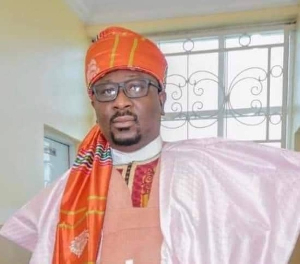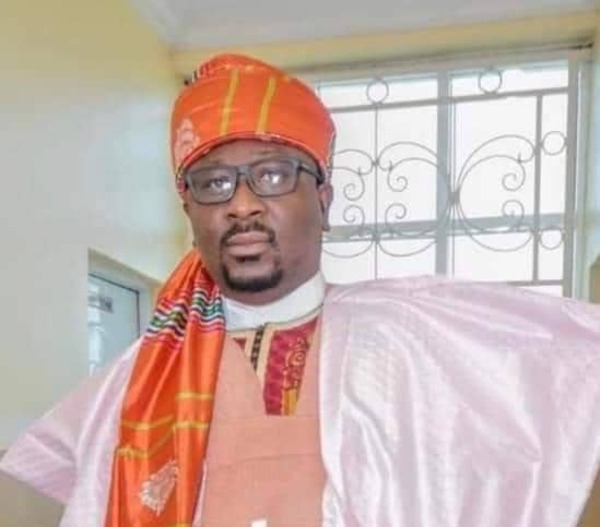 Greater Accra Hausa Youth Leader, Alhaji Salisu Maude
Greater Accra Hausa Youth Leader, Alhaji Salisu Maude
The Zongo communities have expressed deep appreciation for the strategic appointments made by President John Dramani Mahama, highlighting what they see as a deliberate effort to include Zongo indigenes in high-level positions within government.
Alhaji Salisu Maude, Greater Accra Hausa Youth Leader, acknowledged that the swift and significant representation of their people under the Mahama-led administration was both unprecedented and a powerful symbol of respect and inclusion.
Recent appointments in vital sectors such as Petroleum and Energy, the National Identification Authority, and the Youth Employment Agency have drawn particular praise. Community leaders argue these roles are not merely symbolic but represent a calculated effort to place qualified individuals from Zongo communities in positions that directly influence national policy and socio-economic development.
Speaking in a recent interview, Alhaji Maude, who also serves as President of the Zongo Youth Dialogue with Police Project, emphasised the broader impact of these appointments.
“We see these appointments as more than political gestures,” he said. “They reflect a long-overdue recognition of the capabilities within our community—especially among the youth. It’s a step toward true national integration.”
Among the appointments that have generated the most enthusiasm are Halimatu Sadia Abdulai as Deputy Chief Executive Officer at the Petroleum Hub Development Corporation, Alhaji Mohammed Nazeer as Deputy CEO of the National Identification Authority, and Abdulwahab Jawando as Public Relations Officer at the National Youth Employment Agency.
“These are not token roles,” Alhaji Maude stressed. “They are leadership positions that demand trust, expertise, and accountability. It is a clear testament to the confidence President Mahama has in the Zongo community.”
He concluded by noting that, “given the vast talent within Zongo communities and their growing socio-political contributions, more appointments are expected in the near future—including representation on the boards of key national institutions.”
Some political analysts and journalists believe this level of engagement could have lasting effects on national cohesion and democratic participation, particularly as Zongo communities continue to represent a dynamic, yet historically under-represented, segment of Ghana’s political and civic space.
As national conversations around equity and inclusive governance continue, many are pointing to the Mahama administration’s track record with Zongo communities as a model for what thoughtful, merit-based appointments can achieve in bridging social and political divides.
